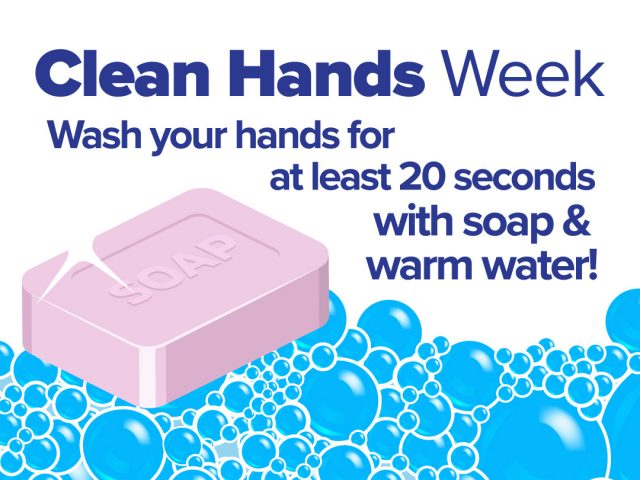Do You Really Need to Wash Your Hands So Much?

Like most people, you probably washed your hands much more last year than any other year. The COVID-19 pandemic got many people paying attention to washing and sanitizing their hands like never before.
Now that COVID-19 cases are dropping in the U.S., you may be wondering if you really need to still wash your hands quite as often. The answer is yes.
The less you wash your hands, the more likely you or someone you love will become sick. Although they may look clean, your hands pick up germs when you:
- Shake hands with someone
- Handle raw food
- Use the bathroom
- Change a baby’s diaper
- Touch garbage or garbage cans
- Work in the garden
- Pick up your dog’s poop or clean your cat’s litter box
- Pet an animal or touch its food
- Touch things that have been touched by other people, like door handles, toilets, toys, counters and railings
Illnesses caused by viruses, like the flu and colds, can spread very fast thanks to people who don’t wash their hands. The flu virus can live on some surfaces as long as 48 hours, according to the Centers for Disease Control and Prevention. If someone sneezes on a railing, the virus could still be alive when you touch it a few hours later. Rubbing your eyes or nose could then allow the flu virus to enter your body, causing you to become sick. Once you’re sick, you can easily pass the flu on to others.
Germs can also enter your body if you have a cut or scratch on your skin or if you eat food without cleaning your hands first. Washing your hands often gets rid of germs on your skin and helps you avoid illness.
Handwashing is a simple way to protect your health. Washing can stop the spread of germs that cause diarrhea and pneumonia and helps doctors prescribe fewer antibiotics. Although antibiotics help you get better if you have an illness caused by bacteria, the drugs may not work so well if you take them too often.
When you wash your hands, follow these steps:
- Run your hands under warm water until they’re completely wet.
- Add soap to your hands (it doesn’t need to be antibacterial soap—any kind will do).
- Lather up and wash both sides of your hands, under your fingernails and the areas between your fingers for at least 20 seconds.
- Rinse your hands to remove the soap.
- Dry hands thoroughly.
- If you don’t have access to soap and water, use hand sanitizer with at least 60% alcohol.
Even though you may not feel like you need to be as vigilant about handwashing now that the height of the pandemic is behind us, consider the benefits routine handwashing offers to your health—and keep washing those hands.
Copyright 2022-2023 © Baldwin
Publishing, Inc..
Health eCooks™ is a designated
trademark of Baldwin Publishing, Inc. Any duplication or distribution of the information contained herein without
the express approval of Baldwin Publishing, Inc. is strictly prohibited.